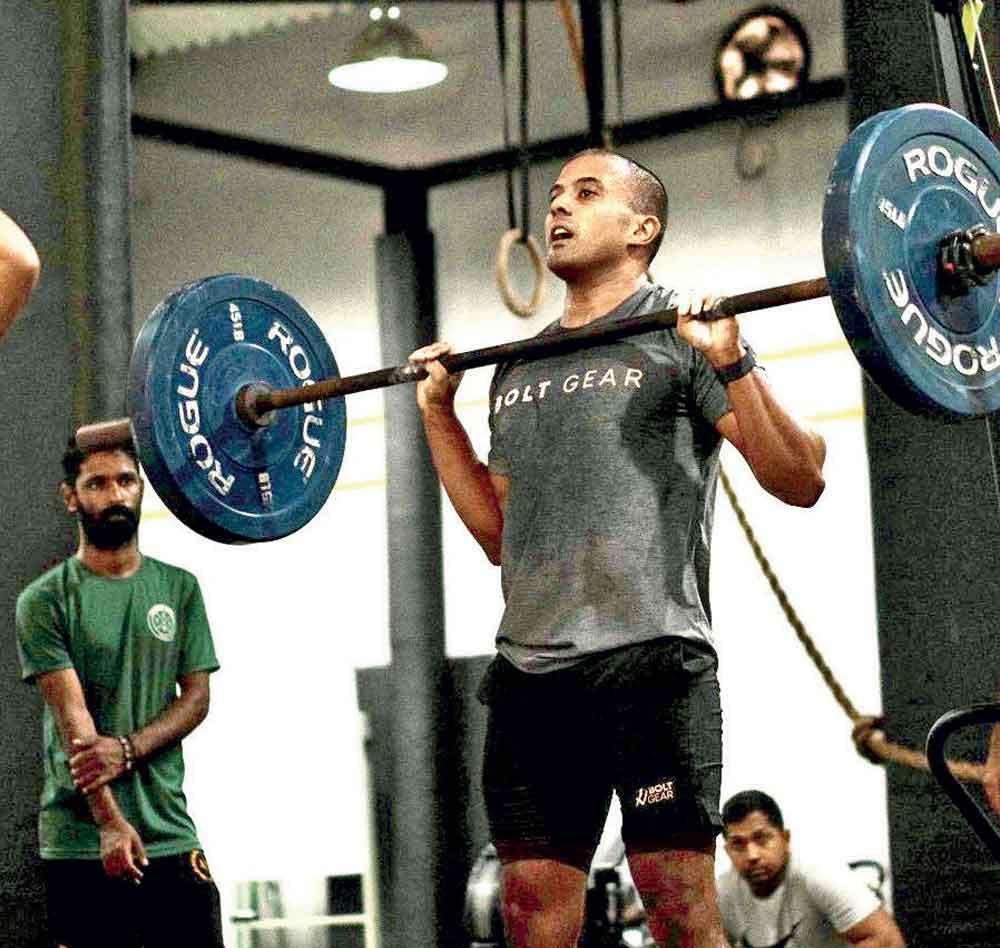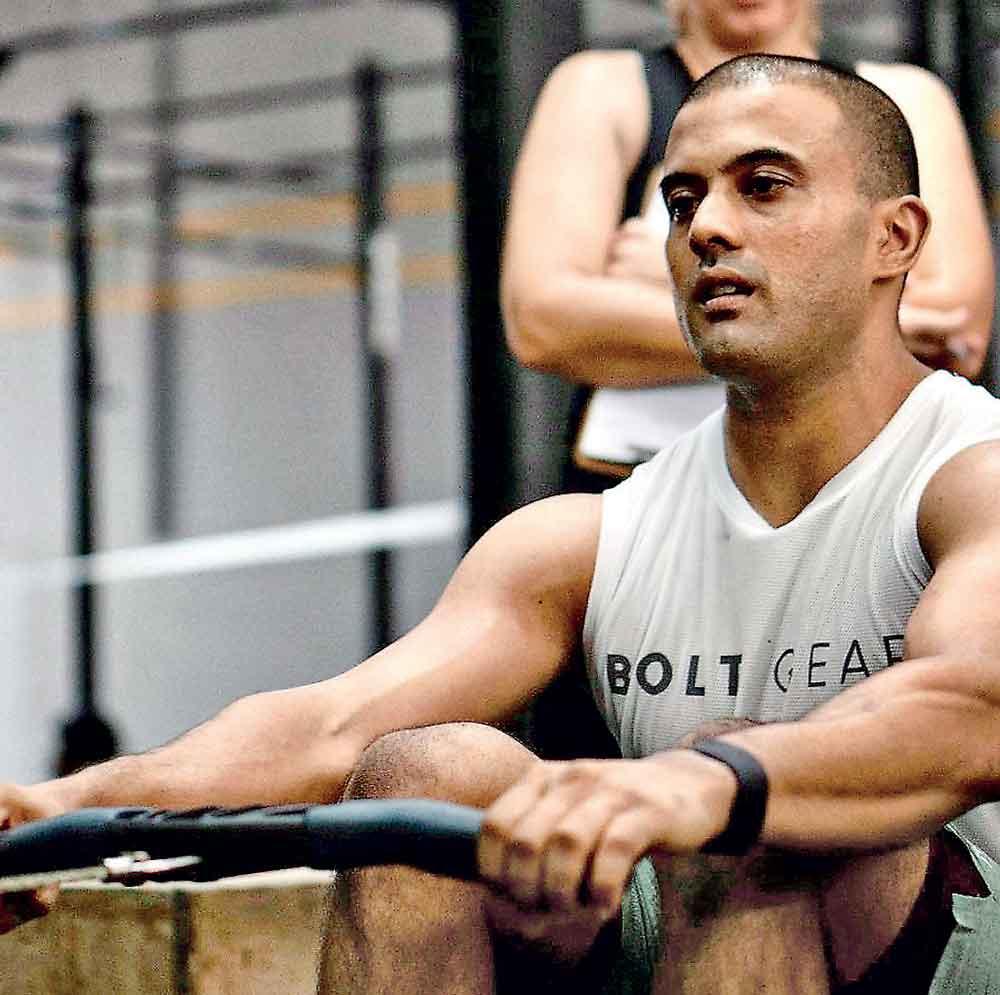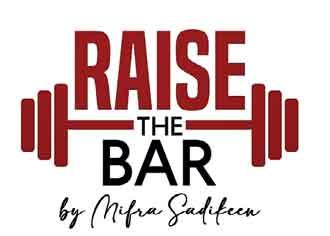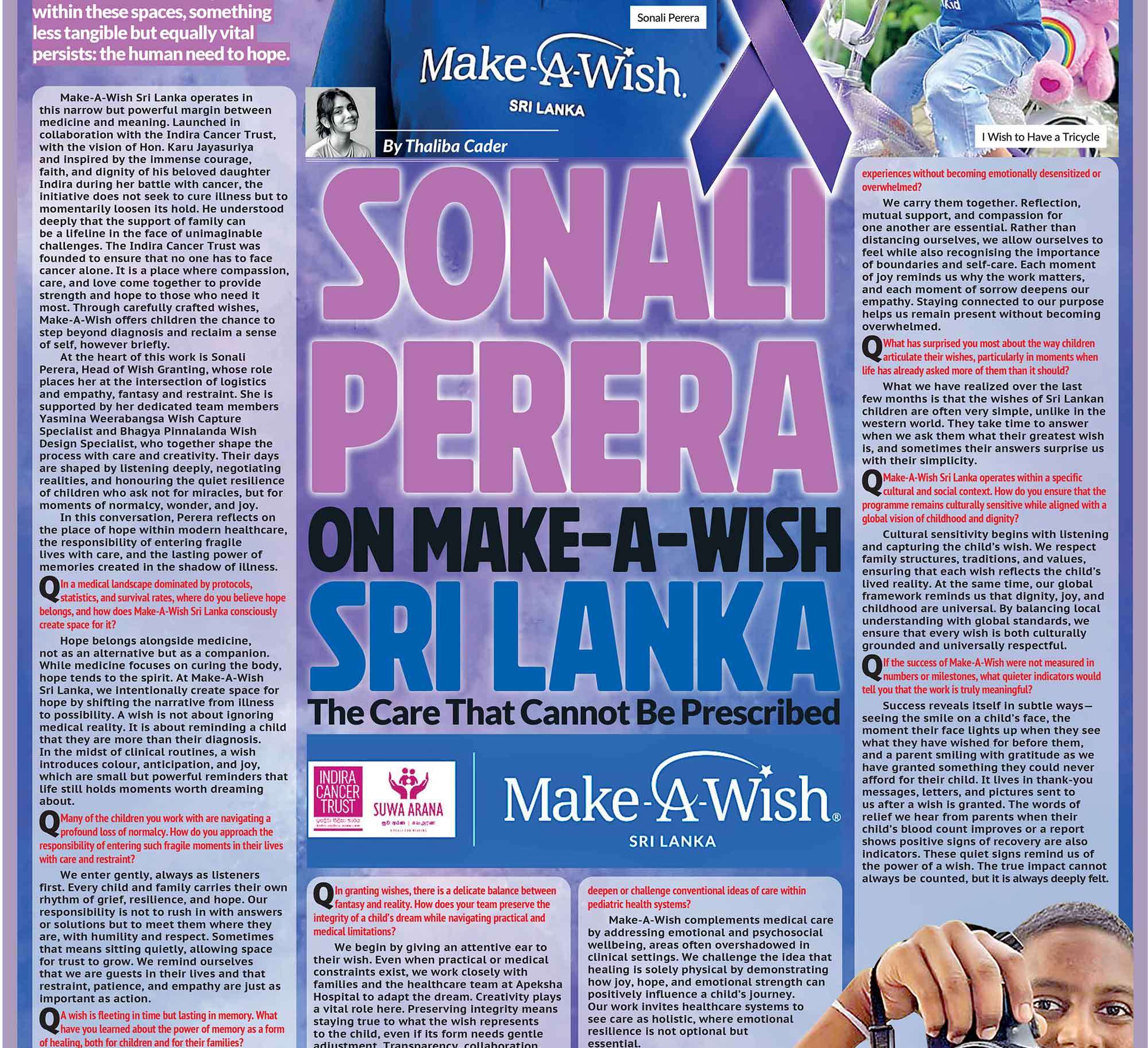

Active recovery, walking, mobility work, even low-effort days, gives your nervous system time to adapt.
 Are you finding it hard to stay consistent with your training because it’s leaving you feeling depleted without much progress? You maybe grinding hard at the gym but are you recovering smart? Remember your body becomes stronger at rest not during exercise. Eating clean with nutritionally dense food and using sleep and rest days as tools to recover is as important as training.
Are you finding it hard to stay consistent with your training because it’s leaving you feeling depleted without much progress? You maybe grinding hard at the gym but are you recovering smart? Remember your body becomes stronger at rest not during exercise. Eating clean with nutritionally dense food and using sleep and rest days as tools to recover is as important as training.
Changing your body composition requires different training strategies based on your health biometrics. Hence, it’s important for you to understand how to attune factors that support to optimize your health long term and to use them effectively to stay consistent over long periods of time. Simply put, your health is a long-term game, your health declines when you stop putting in the work!
Today, in Raise The Bar, we will be discussing, “The 5 Pillars of Long-Term Health” with Andy Andrews, co-founder at CrossFit Ceylon. Last week, we discussed three major factors: training, nutrition and recover that we must integrate into a fitness routine in order to see progress. In this article, we will deepen your knowledge on how each of these factors contribute to your health by further breaking them down into - five pillars of long-term health.
As Andy points out, if you only focus on weight loss, you’re going to lose the wrong thing. You might lose water. Or muscle. Or momentum. But without the right foundations, you won’t gain what matters, energy, strength, resilience, and control. That’s why at CrossFit Ceylon, they focus on long-term health, not just short-term fixes. And that begins with five simple, but powerful pillars as explained by Andy below.
The Five Pillars That Actually Matter
Forget crash diets and 30-day detoxes. These are the real health levers:
Sleep
Your recovery starts here. Poor sleep disrupts hormones, metabolism, and emotional control. If you’re not sleeping well, your body will resist fat loss, muscle gain, and mental clarity, no matter how “healthy” the rest of your routine looks.
Nutrition
You don’t need a perfect diet. You need a consistent one. Focus on quality protein, fiber-rich plants, healthy fats, and enough calories to support your energy, not restrict it.
Movement
Daily movement matters more than perfect workouts. Walk. Lift. Stretch. Train with purpose, not punishment.
Emotional Regulation
Stress doesn’t just wear you down mentally, it changes how your body stores fat, repairs tissue and manages inflammation. Even five minutes of calm breathing or unplugged time each day changes everything. This could be as simple as a 3-minute breathing or meditation app, a morning walk without your phone or journaling a single thought at night. These tools work not because they’re dramatic, but because they’re repeatable.
Recovery (Beyond Sleep)
Active recovery, walking, mobility work, even low-effort days, gives your nervous system time to adapt. Your body grows when you rest, not when you workout.
Why “Eat Less, Move More” or “Calories In Vs. Calories Out” Isn’t Everything!
It ignores:
You don’t need to work harder. You need to build better inputs
This thought-provoking article gives you the direction you need to head in order to overcome challenges you face when it comes to health and fitness. A fit body and a healthy mind comes from continuously focusing on making better lifestyle choices. Even if you have achieved your dream physique, one must fuel it and maintain it with right nutrition, training and recovery! Although this may sound all familiar, have you used these tools effectively to see long-term progress? Are you getting the right support and guidance on how to integrate them to suit your lifestyle? The simple task set below by Andy will help you comprehend, what areas in your fitness routine requires attention or perhaps help you identify areas that need expert help to drive you towards your health goals.
This week’s challenge by Andy
Take five minutes to rate yourself in each of these five areas on a scale of 1 to 5:
Sleep: Am I sleeping at least seven hours most nights, and waking up rested?
Nutrition: Am I eating mostly whole foods, with enough protein and plants and fruits?
Movement: Am I moving daily, with intention?
Emotional regulation: Do I have tools to handle stress or reset my mood?
Recovery: Do I take rest days or low-effort movement seriously?
Wherever you score lowest; start there next week. That’s your bottleneck. That’s where your system is leaking energy
As Andy points out, the healthiest people don’t chase goals all the time. They build systems that make health easier to live with, not harder to earn. Focus on the inputs. Let the outcomes take care of themselves. Stay connected with Raise The Bar as we bring to you more on health and fitness from the experts!











